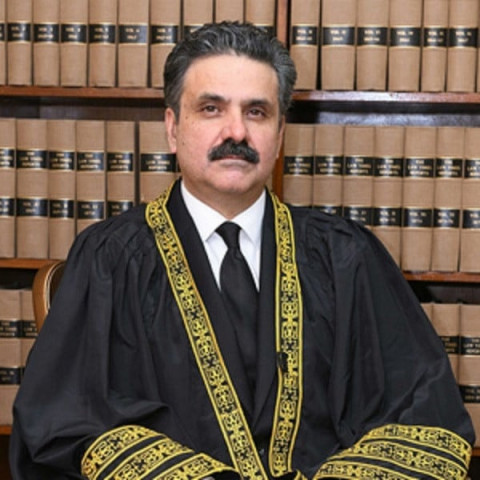ISLAMABAD:
The Supreme Court has ordered a stay on proceedings in all cases currently pending before the Alternative Dispute Resolution Committees (ADRCs), which function under the administrative control of the FBR to handle tax-related matters, especially those involving state entities.
The order came from a division bench headed by Chief Justice Yahya Afridi, which issued a two-page directive.
It noted that during proceedings, it was brought to the court’s attention that the FBR, in consultation with the Ministry of Law and Justice, was in the process of overhauling the mechanism for appointing members to the ADRCs.
The FBR’s legal member submitted before the bench that the revenue body remains open to constructive suggestions regarding the ADRC proceedings as mandated by law.
Taking note, the court observed it would be appropriate for the FBR to first examine the matter in detail.
Accordingly, the bench directed the FBR to consult with Shahid Jamil, counsel for the petitioner (ZTBL), counsel for the respondent (FBR), amicus curiae Sultan Mazhar Sher Khan, the Attorney General for Pakistan and the Secretary, Ministry of Law and Justice.
The order further directed that the FBR must “duly consider the opinions and input” of these stakeholders before finalising the proposed framework for appointing ADRC members.
“A report in this regard shall be submitted before this Court prior to the next date of hearing. In the meantime, proceedings in all cases currently pending before the ADRC shall remain stayed till 24.07.2025,” the court stated.
Shahid Jamil, counsel for ZTBL, maintained that transparency must be ensured in the appointment of ADRC members.
However, legal experts remain divided on the current state of ADRCs and their role in dispute resolution.
One lawyer representing a state-owned enterprise (SOE) argued that the ADRC mechanism has proven “destructive” for SOEs. “They are being crushed with taxation and have no remedy against the ADRC,” he said, alleging that billions of rupees in taxes were forcibly recovered in June without the legally required notices, simply to meet revenue targets.
“All profit-making SOEs are being destroyed,” he added. Another lawyer contended that the ADRC should function independently and without FBR’s influence to be credible.
On the other hand, Hafiz Ehsaan Ahmad, who has represented the FBR in numerous cases, defended the institution. He explained that the FBR was legally empowered to constitute ADR committees for the settlement of tax disputes and to avoid prolonged litigation.
However, he acknowledged that the ADR system in Pakistan has struggled due to several structural flaws, including the absence of qualified and independent arbitrators, a lack of transparency in ADRC composition, inadequate digital and institutional infrastructure and, most crucially, the limited binding nature and enforceability of ADR outcomes, particularly when they involve findings of fact.

